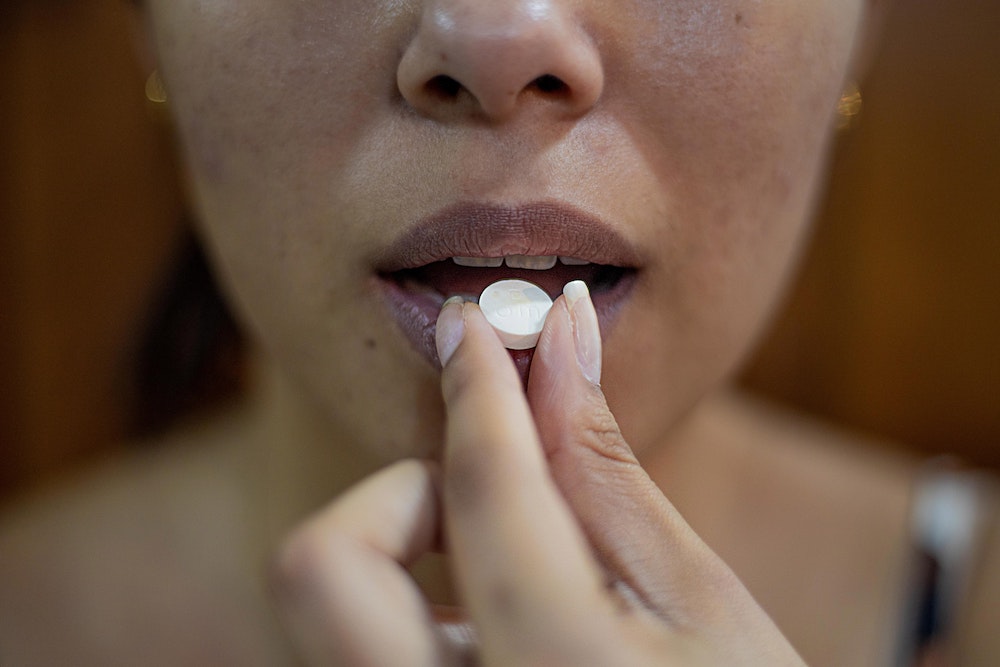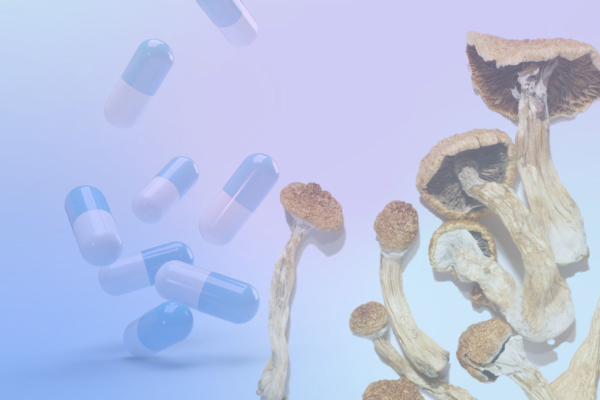
An extended-release oral version of the psychedelic ketamine was found to rapidly and effectively provide relief from depressive symptoms for a majority of patients with treatment-resistant major depressive disorder.
New Zealand-based Douglas Pharmaceuticals Ltd., announced the results this week from the Phase 2 study. The study involved 234 participants with treatment-resistant depression who had tried but failed to respond to at least two antidepressant medications.
The group had a mean score of 31 out of 60 on the Montgomery-Åsberg Depression Rating Scale (MADRS), a measure used to determine the severity of an individual’s depression. The higher the score, the more severe the depression.
For the study, each patient received a daily dose of the extended-release ketamine, called R-107, for five days. On day 8, participants were reassessed. Researchers found that the mean MADRS score had dropped from 31 to 13.
A total of 169 patients—72 percent—were classified as treatment responders with a MADRS score of 12 or less. These participants were then entered into a 12-week, double-blind, randomized, and placebo-controlled dose-finding study involving twice weekly doses of R-107 or a placebo. Results are expected in November, after which Douglas Pharmaceuticals intends to partner with a commercial entity and apply for a New Drug Application in order to begin larger scale Phase 3 trials.
“Clinically meaningful efficacy as an anti-depressant could make R107 an ideal therapy for people who suffer with major depression,” Managing Director of Douglas Pharmaceuticals Ltd, Jeff Douglas said in a news release. “The rapid onset of remission, usually within one to two days of starting therapy, if confirmed, is a major medical breakthrough compared to current oral treatments where patients can take four to six weeks to see a significant improvement in mood.”





